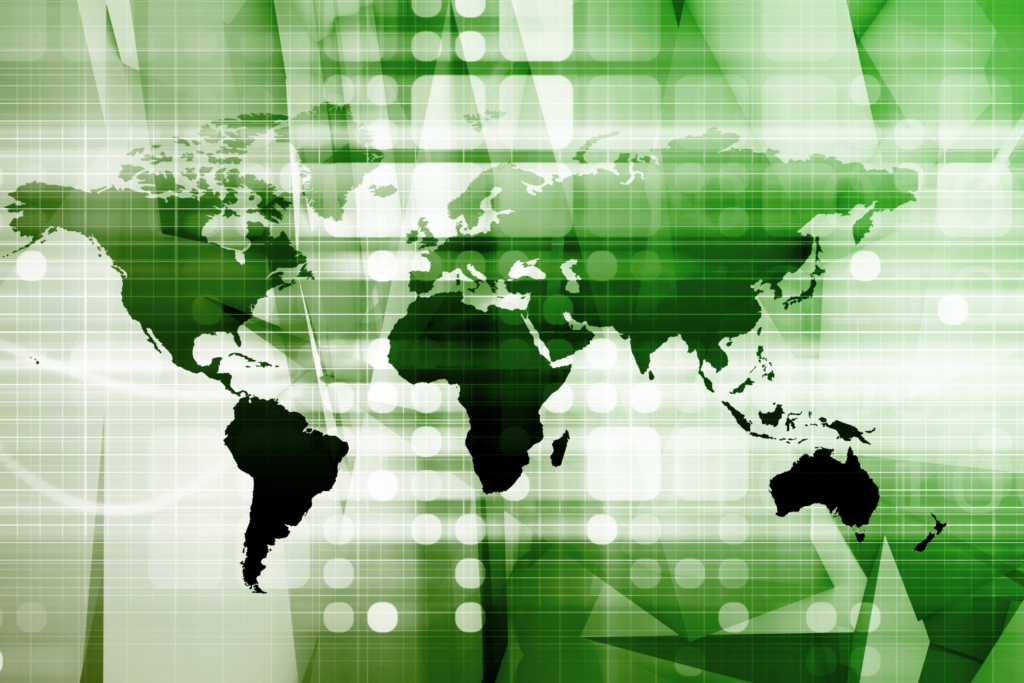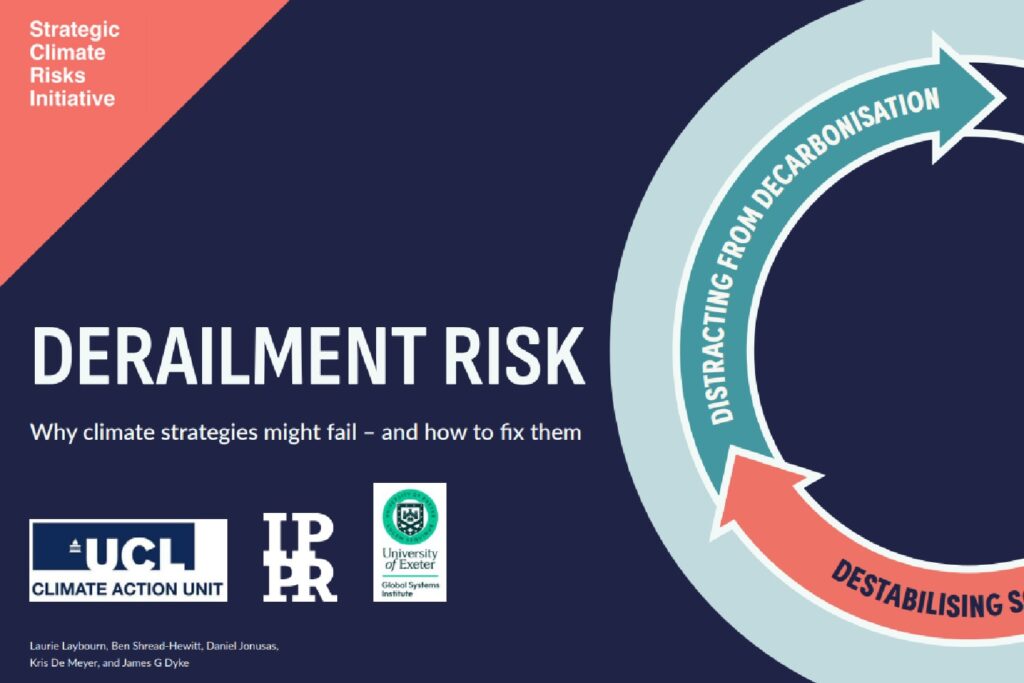Mapping the Hope Attractor: A Conversation with Thomas- Homer Dixon
In this conversation, Thomas Homer-Dixon introduces the Cascade Institute’s Polycrisis Core Model (PCM), a novel framework designed to map and analyse interactions among 11 critical global systems, each with multiple potential future states. The model employs cross-impact balance (CIB) analysis to evaluate over four million internally consistent scenarios, ultimately identifying 11 distinct “attractor” states. These […]
Mapping the Hope Attractor: A Conversation with Thomas- Homer Dixon Read More »










